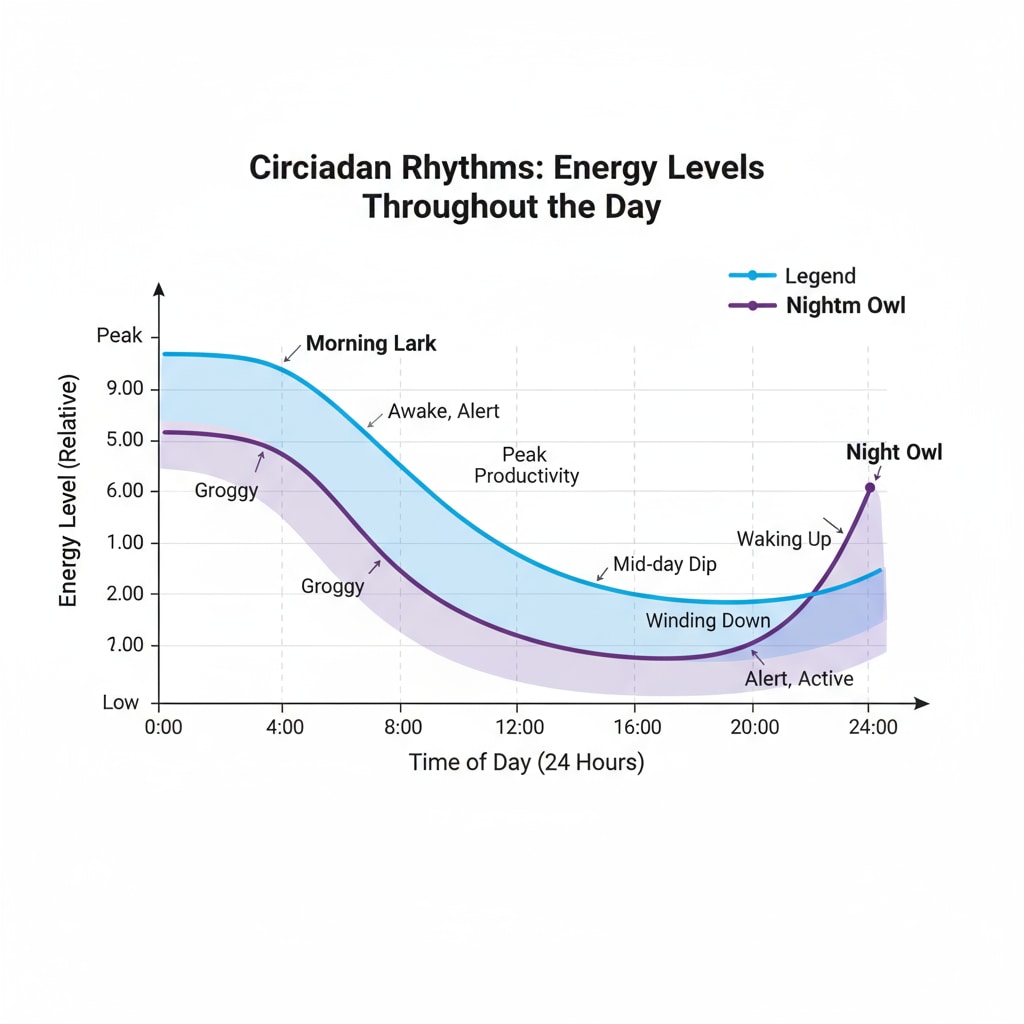University class schedule choices often present a significant challenge for freshmen, especially when faced with the dilemma of choosing between morning and afternoon classes. This decision involves intricate considerations regarding time arrangement, each option carrying its own set of advantages and disadvantages. Let’s delve into this conundrum to make a more informed choice.

The Physiological Aspect
Our bodies operate on internal rhythms, which can greatly influence our performance during different times of the day. Some students are “morning larks,” feeling most energetic and alert in the early hours. For them, morning classes might be ideal as they can absorb information more effectively. According to The Sleep Foundation, our cognitive functions are often at their peak in the morning for many people. However, others are “night owls,” finding it difficult to wake up early and fully engage in morning activities. For these students, afternoon classes could be a better fit, allowing them to start their day at a more comfortable pace and be more focused during lessons.

Learning Efficiency Considerations
Learning efficiency is another crucial factor. Morning classes typically offer a quieter and less disrupted environment. With fewer distractions, students can better concentrate on complex theories and discussions. On the other hand, afternoon classes can benefit from a more relaxed atmosphere. After a morning of various activities, students might be more at ease and able to think more creatively. According to American Psychological Association’s guide on learning, different people have different optimal learning times, and it’s essential to align class choices with one’s own learning rhythm.
Moreover, the type of courses also matters. For highly theoretical courses, morning classes might be more suitable as they require a high level of concentration. In contrast, practical or discussion-based courses could work well in the afternoon, when students are more likely to be open to sharing ideas and collaborating.
Readability guidance: We’ve explored the physiological and learning efficiency aspects of choosing between morning and afternoon university classes. These factors play a significant role in making the right decision. Next, let’s look at how personal development can influence this choice.
Personal Development and Extracurriculars
Personal development also comes into play. Some students are eager to participate in extracurricular activities, clubs, or part-time jobs. If you plan to be actively involved in such activities, the time of your classes can have a big impact. Morning classes might leave more afternoons free for these pursuits. This way, you can balance your academic and personal life more effectively. However, if you need to use the morning for other personal or family matters, afternoon classes could provide the flexibility you need.
In conclusion, the decision between morning and afternoon university classes is a significant one that involves careful consideration of physiological factors, learning efficiency, and personal development. By taking these aspects into account, students can make a more informed choice that aligns with their needs and goals, thus better managing their time and academic journey.


